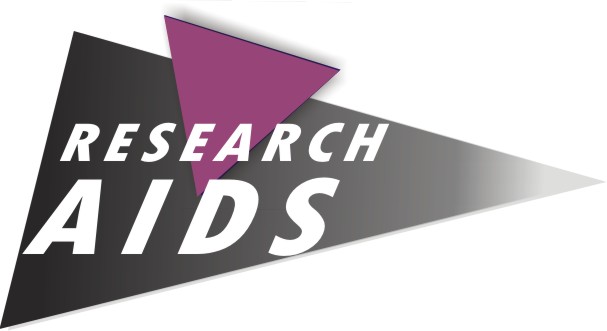HIV infects the immune system sells called T-helpers (very important white blood cells involved in identifying different infections).
As HIV infection propagates in the body the immune system is undermined. The common infections that are easy treated or self-recovered in healthy people can become life-threatening in HIV infected ones. In most patients pneumonia is observed (caused by Pneumocystis carinii) followed by other additionalinfections and Kaposi’s sarcoma.
The AIDS symptoms include persisting infections, such as candidosis, tuberculosis, cytomegalovirus infection, herpes, toxoplasmosis and other that are called opportunistic infections. These infections are the most frequent reasons of the patients’ heavy conditions. But not only. HIV infection is often associated with other sexually transmitted infections. Combination of HIV with other sexually transmitted infections is more life-threatening than each of them separately. Almost every infection is possible with its worst manifestation.
Other consequences of the immune system depression are cancer tumors. The most frequent is Kaposi’s sarcoma; others are lymphomas and carcinomas. Kaposi’s sarcoma found in people younger than 60 years together with positive HIV tests (for HIV antibodies and for low T-helpers) indicates AIDS as well as brain lymphoma.
There can be intermittent acute conditions and improvements in the course of HIV infection. Different patients demonstrate different AIDS symptoms in different target organs: lungs, nervous system, intestine etc. But the earliest symptom is swollen/enlarged lymph nodes, especially if it lasts more than 2 months without visual reasons. When making diagnose it is taken into account epidemiological data: it is very likely to be HIV infection if Kaposi’s sarcoma or lymphoma are found in homosexualists, drug addicts, people with irregular sexual contacts.
Treatment for the infections or cancer is not effective here as the underlying reason is HIV virus to destroy immune system.
HIV virus also destroys central nervous system. The most dangerous and frequent symptom is progressive dementia as a result of cortical atrophy of the brain. This symptom is found in about 50% of the AIDS patients. Many medical specialists believe that brain disorders, dementia in most cases may develop in each HIV infected human. The autopsy of people who died because of AIDS showed that 2/3 of them had brain atrophy.
It is supposed that in adults nervous activity disorders may occur even after 20 – 30 years after initial infection and that average duration of the latent period for progressive dementia is 15 years. There are also reported brain blood vessels damage, meningitis. The patients suffer from head aches, eye vision deterioration.
HIV virus propagation in the brain sells leads to the loss of short-term memory, incoordination, muscle weakness, speech and psychics disorders. The brain damage not always is associated with immune deficit.
The earliest and the strongest brain disorders are observed in children, especially with fetal or natal infection.
Official AIDS Diagnosis
Officially AIDS diagnosis is confirmed by different criteria in different countries. At the latest stage HIV infection often develops into the hard disease at which the patient even cannot get up on his own and do simple daily routine. The family members usually should take care of him/her. It is possible to be very ill with HIV but not to have an AIDS diagnosis.
Ways of getting infected
People usually get infected from other infected people sexually. Other possible ways are through the blood, before or during the birth and through breast feeding.It should be noted that HIV infection is not very much contagious. You cannot as easy get infected as with, say respiratory or intestinal infections. HIV is not transferred during usual communications with infected people. It is unlikely to be infected if you come into contact with sweat, tears, urine, saliva (unless if blood is present in it).
The best way of preventing HIV infection when having sexual intercourse is usage of condoms. Use it in all cases when you are not 100% sure that your sex partner is not infected. It is recommended to limit the number of sexual partners and do not reuse injection needles, share razors and other personal things that may come into contact with the blood.
Care should be taken to prevent a baby infection from the infected mother.

No comments:
Post a Comment